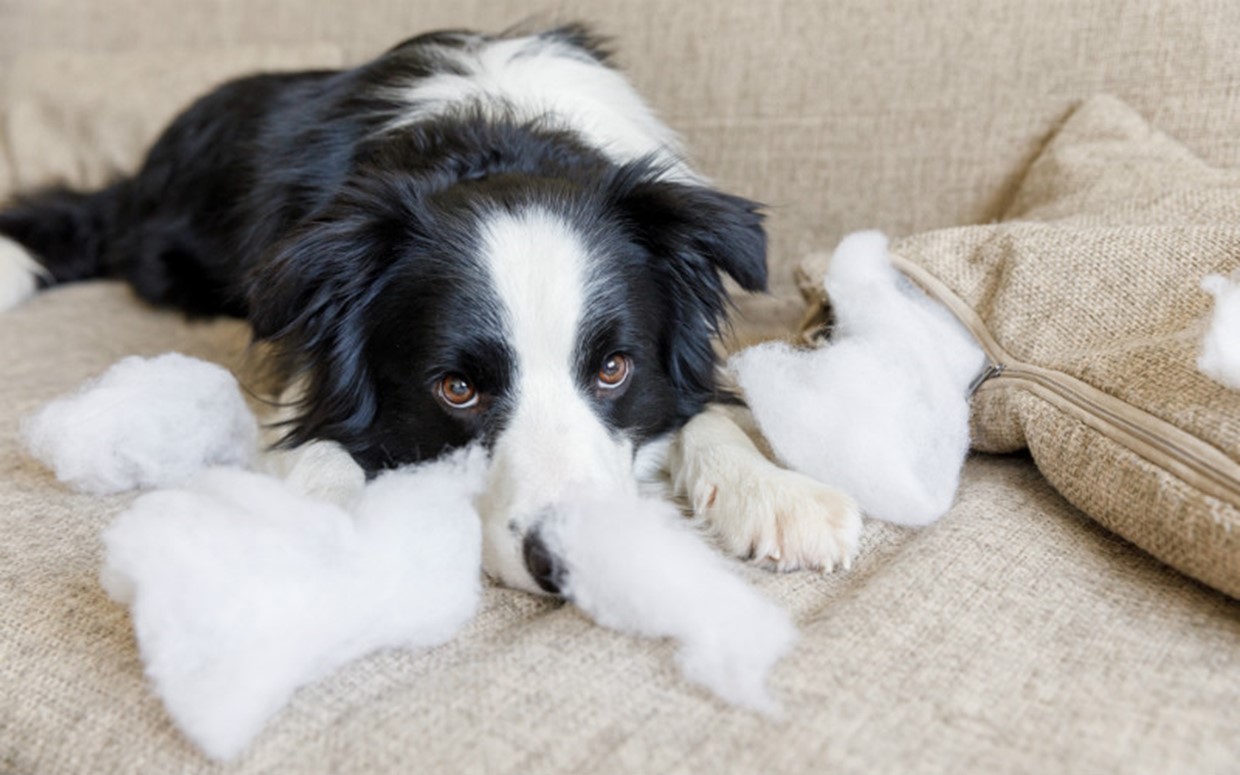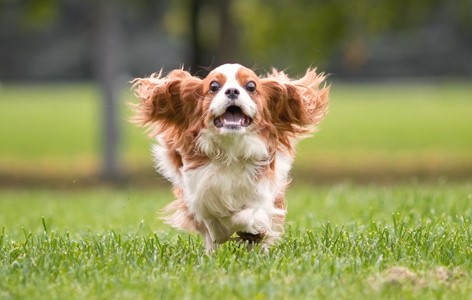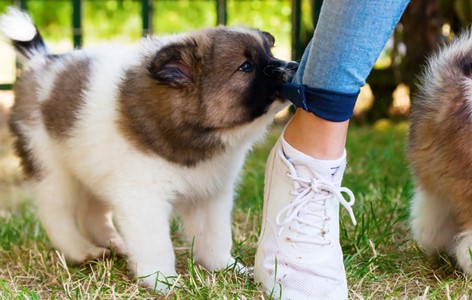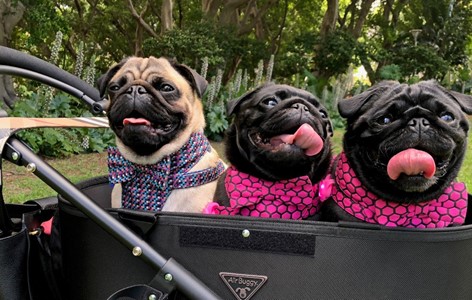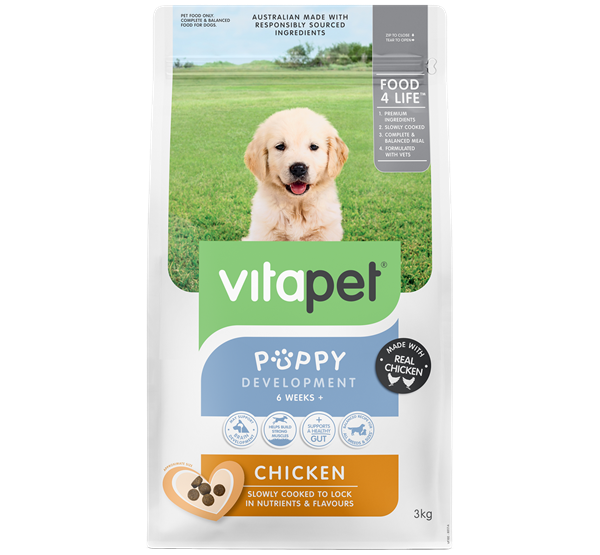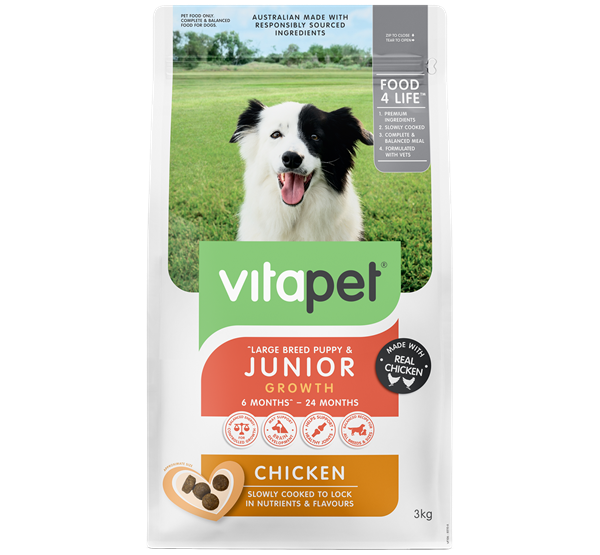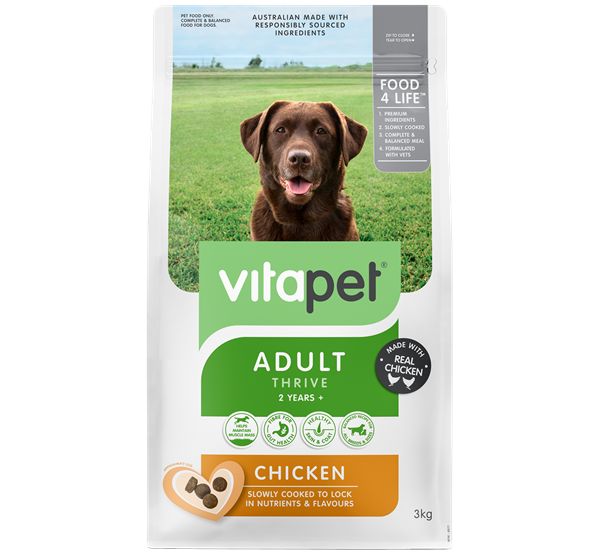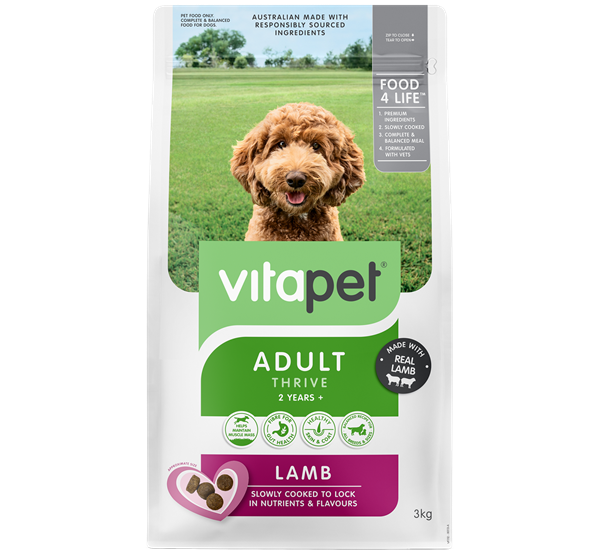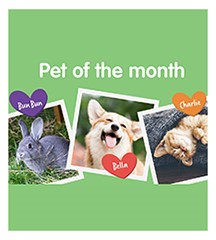There’s no doubt that our four-legged friends miss us when we leave, but if your little pup gets themselves wound up at the jangle of a set of car keys or the sound of the front door closing, chances are they might be prone to separation anxiety. Luckily, there are ways you can help your puppy become comfortable with a bit of solo time and adapt to the idea of being home alone.
My puppy seems anxious – need I be worried?
Right now, you may be a little worried that you’ve made a mistake by keeping your little ball of fluff so close, but don’t be; separation-related behaviour is quite common and no reason for major alarm. After all, dogs are pack animals and prefer for their family to stay together – and you’re part of it.
Sometimes, though, puppies become so used to our company that they struggle to cope when we leave for everyday activities. In short, they miss us so much, it becomes hard for them to handle when we do go.
So teaching your puppy how to cope with your everyday routine is an important part of being a supportive pet parent and helps promote a healthy, loving relationship between you.
The good news is, with the right approach, you can help your new buddy adjust and become comfortable with the idea of spending some reasonable amounts of time apart from you.
Research shows that the ability to cope with separation is a learned behaviour that occurs gradually, beginning at the time when puppies are weaned from their mothers. She says separation training should start right from when you bring your fur-friend home for the first time, and continue throughout puppyhood.
What to watch out for
Often, puppies will turn to vocalising their anxiety by barking, but sometimes they’ll act out through inappropriate toileting or even destructive behaviours to relieve their stress – so make sure to lock your favourite pair of shoes away. The following behaviours could just be part of your puppy growing up but can sometimes indicate separation anxiety:
- Continuous house soiling
- Excessive barking or whining
- Destructive behaviour
- Loss of appetite (in response to separation)
Teach them slowly
Sure, you don’t want to leave your adorable four-legged friend alone for long, but what you may not realise is that your pup needs to learn how to be okay on their own. The key to teaching them how to get used to your absence is to make it a gradual process. If your pooch begins to show a little bit of anxiety, it’s best to address it at the onset. Try these below strategies.
- Give your pup the private dining experience by feeding them outside, or in another room of the home, away from people.
- Get your dog used to separation gradually. Start with short and tolerated separations of a minute or two before gradually increasing the lengths of time.
- Give long-lasting, high-value treats as you’re leaving to help create positive association with separation.
- We know this one’s a toughie but don’t cause a big fuss immediately before leaving or when returning. This helps reduce the contrast between when you’re at home and life is great for your dog versus when you’re not home and they miss you.
By keeping an eye out for the signs and showing your pet that time spent without you isn’t all that bad, you can make their day-to-day more comfortable. While it may be hard not to show them even more affection as you come and go, dealing with separation-related behaviour early on will benefit them in the long haul. Who knows, it may even help you bear being away from them a little more too.











